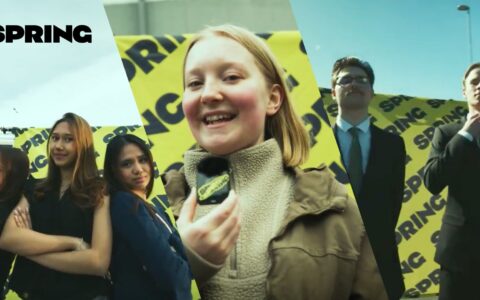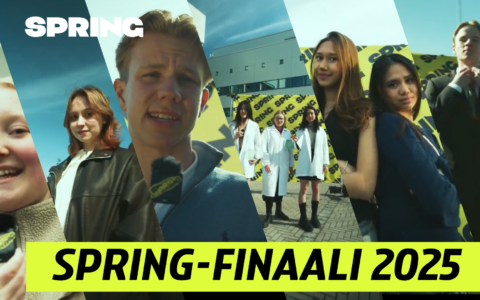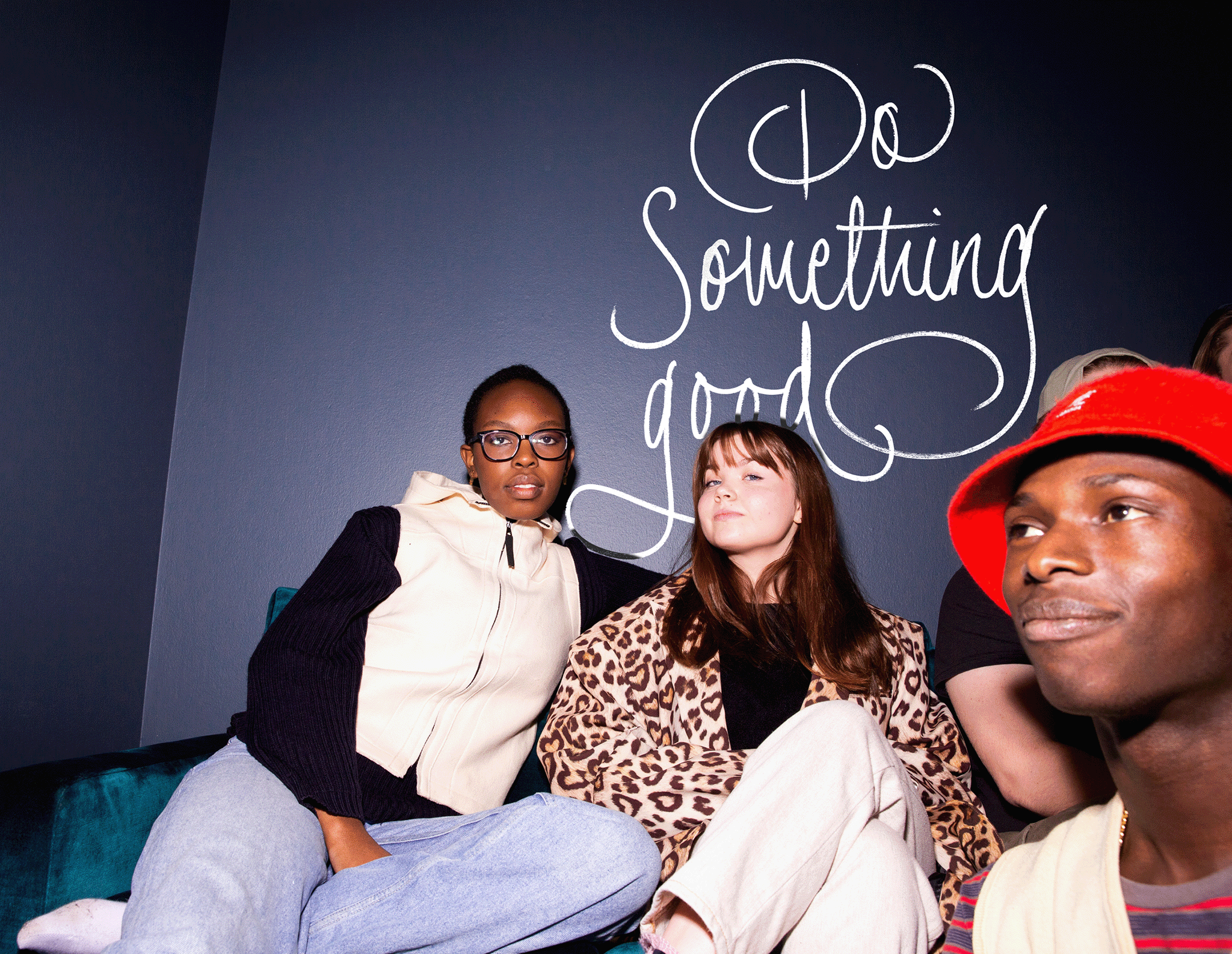
The Spring Idea Competition gives young people the chance to make the future more hopeful.
THIS IS SPRING – IDEA COMPETITION FOR YOUNG PEOPLE AGED 15–19
Young people aged 15-19 can participate in Spring in teams of 3-5 persons as a part of their studies or during leisure time. Apply to the idea competition with an idea that strengthens your belief in the future; the idea can aim to solve a major international problem, answer a local question, or create completely new opportunities. The prize for winning Spring is a summer job and an inspirational study visit abroad, during which you develop your idea into something concrete.
The application period for the 2026 competition is 1.9.-31.12.2025.
TEACHER
BOOK SPRING INFO, IDEA WORKSHOP, IDEA EVENT
The Spring team will visit schools and educational institutions during the application period from September 1 to December 31, 2025, either in person or remotely—for example, for a short Spring Info session (15 minutes) or a longer Spring Idea Workshop (75-90 minutes). We will also organize several Spring Idea Events (3 hours long) across Finland during the application period, to which local schools will be invited separately. Read more about the different opportunities and book a visit here.
LEARN ABOUT IDEATION TOGETHER
The final lasts 28 minutes and can be followed not only in Finnish, but also in Swedish and English. You can select your preferred subtitle language in the settings at the bottom of the YouTube video. The broadcast is designed for classroom use.
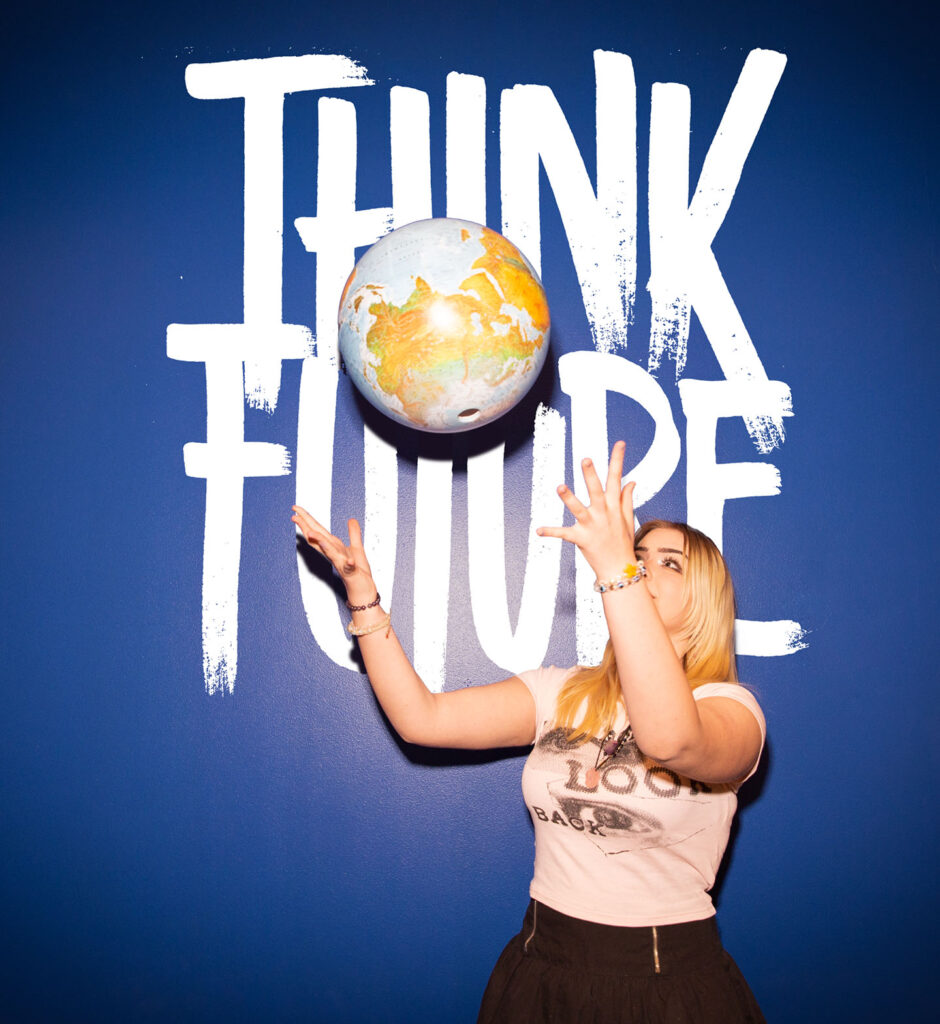
THE YOUTH CHOOSE THE WINNERS
THE VOTE FOR THE WINNERS OF 2025 HAS ENDED
NEWS
Here are the latest news from the Spring Idea Competition
SUPPORTING SPRING IDEA COMPETITION
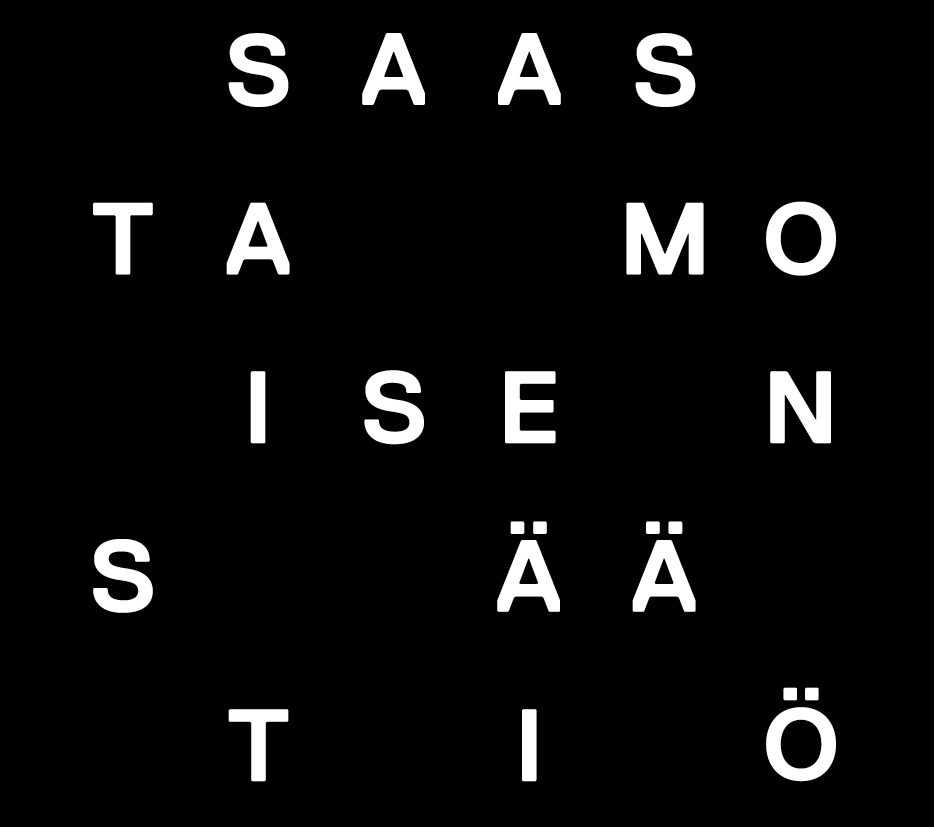

NEW PARTNER FOR SPRING?
Get in touch, and let’s find the best way for you to get involved!
FREQUENTLY ASKED QUESTIONS
Who is the Spring Idea Competition for?
Spring is an idea competition for young people aged 15–19. You can participate in teams of 3–5 people, either as a part of schoolwork or during your free time.
How do you participate in the competition?
You can enter Spring by filling out the idea form during the application period. The Spring team selects the 12 most promising ideas to proceed in the competition. These teams are invited to the Spring Idea Weekend, from which six ideas will advance to the competition final.
When is the next application period?
The application period for Spring 2026 is open from 1.9.2025 to 31.12.2025.

